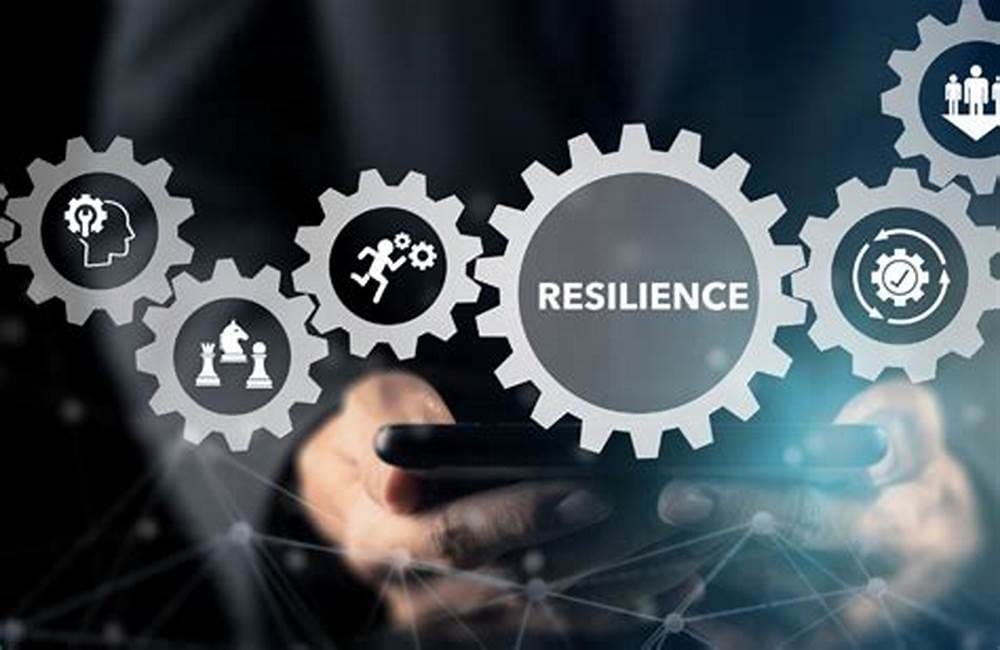Crisis-Proofing Your Career: Building Resilience in Uncertain Times

Introduction
In an ever-evolving global landscape marked by economic downturns, technological advancements, and now, the unpredictable aftermath of a global pandemic, the concept of job security has become increasingly elusive. The traditional notion of a stable career path with a single employer for life has given way to a new reality: one of constant change and uncertainty. In such turbulent times, the importance of crisis-proofing your career cannot be overstated.
Embracing Change
The first step in crisis-proofing your career is to embrace change as a constant. Gone are the days when professionals could rely on a linear trajectory within a single industry or organization. Instead, adaptability and agility have become the new currency in the job market. Rather than resisting change, successful professionals anticipate and embrace it, continuously seeking opportunities for growth and reinvention.
Cultivating Transferable Skills
One of the most effective strategies for crisis-proofing your career is to cultivate a diverse set of transferable skills. These are skills that are valuable across a range of industries and roles, providing versatility and resilience in the face of uncertainty. Examples include communication, problem-solving, leadership, and digital literacy. By investing in the development of these skills, you position yourself as a valuable asset in any professional context, regardless of industry disruptions or economic downturns.
Building a Strong Network
In times of crisis, a strong professional network can be a lifeline. Cultivating meaningful relationships with colleagues, mentors, industry peers, and potential employers not only enhances your career prospects but also provides invaluable support during challenging times. Networking isn't just about collecting business cards or LinkedIn connections; it's about building genuine, mutually beneficial relationships based on trust, reciprocity, and shared interests.
Continuous Learning and Adaptation
The rapid pace of technological innovation and market disruption means that the skills and knowledge that are in demand today may be obsolete tomorrow. To stay ahead of the curve and remain relevant in your field, commit to lifelong learning and adaptation. This might involve pursuing advanced degrees or certifications, attending workshops and seminars, participating in online courses, or simply staying informed about emerging trends and best practices in your industry.
Diversifying Income Streams
In an uncertain economy, relying solely on a single source of income can leave you vulnerable to financial instability. Diversifying your income streams can provide a safety net during times of crisis and enhance your overall financial resilience. This could involve taking on freelance or consulting projects, starting a side business, investing in stocks or real estate, or exploring alternative sources of passive income. By spreading your financial risk across multiple channels, you can better weather the ups and downs of the economy.
Conclusion
In today's fast-paced and unpredictable world, the notion of a "safe" career path has become obsolete. Instead, professionals must adopt a proactive and strategic approach to crisis-proofing their careers, embracing change, cultivating transferable skills, building strong networks, committing to continuous learning, and diversifying income streams. By taking these steps, you can not only survive but thrive in the face of uncertainty, positioning yourself for long-term success and fulfillment in your professional journey.
Explore the realm of career insights with @scale.jobs for a fresh perspective on industry trends. Unlock savvy tactics for establishing boundaries with your boss, crafting a work-life harmony that's not only productive but also stylish. Keep informed, stay motivated – where your passion intersects with the heartbeat of the professional world.




